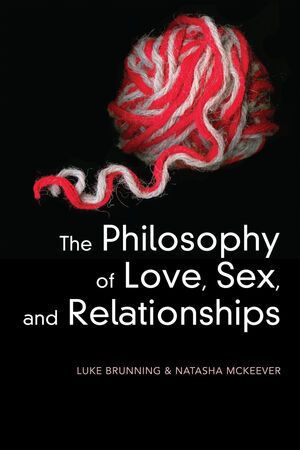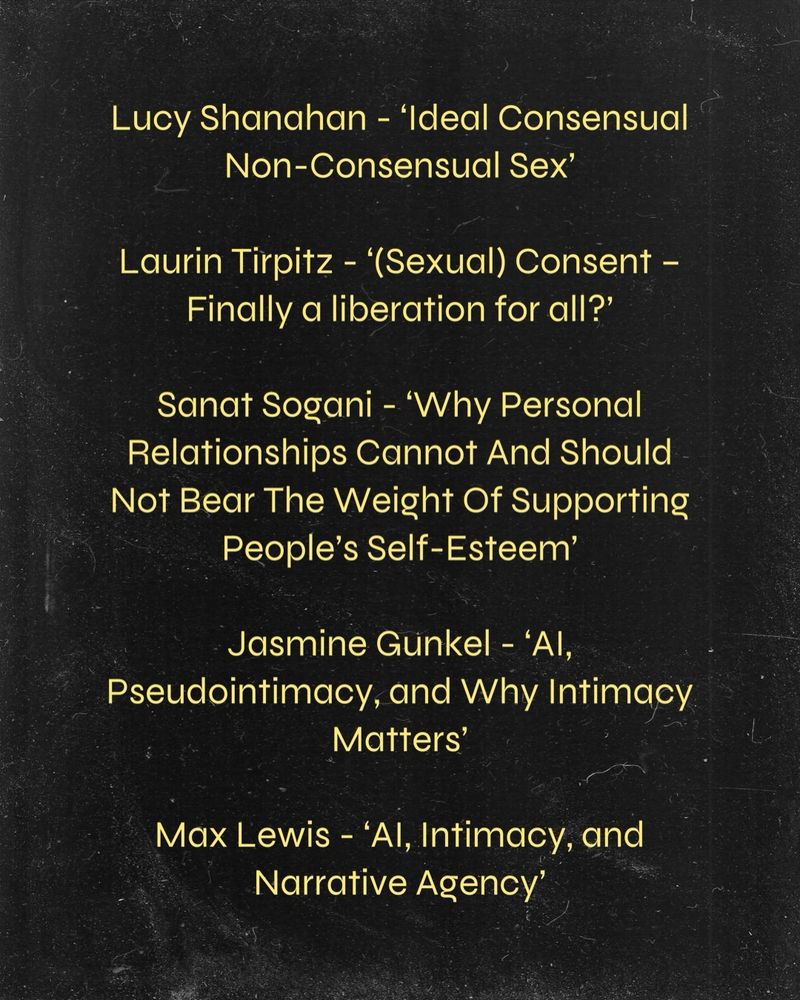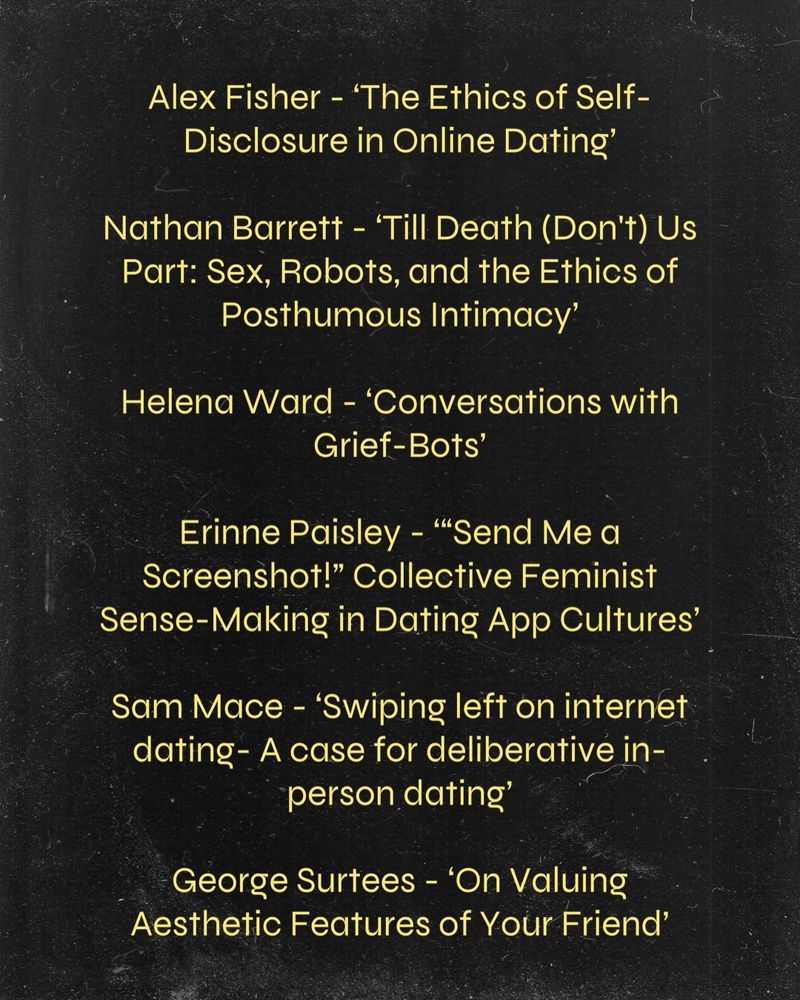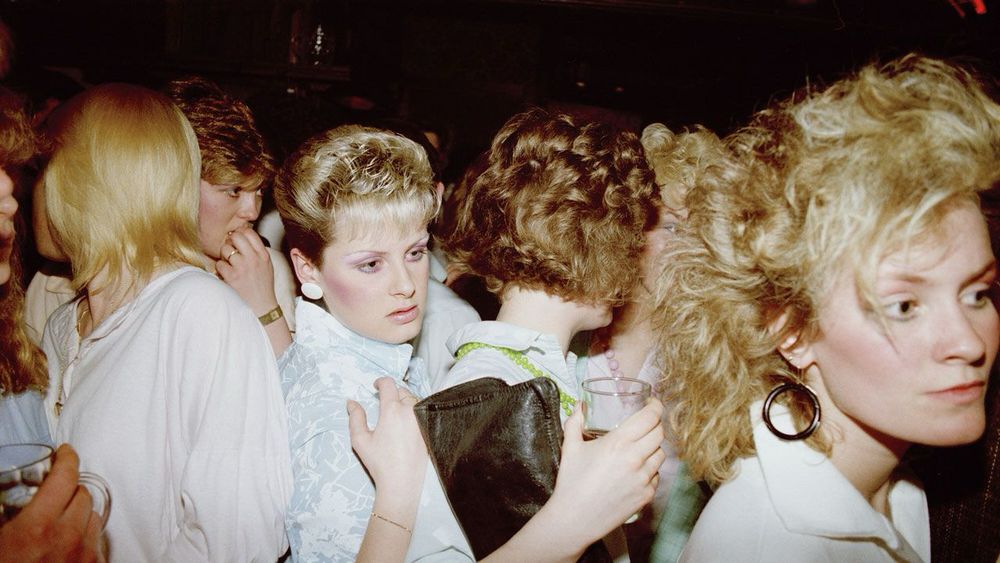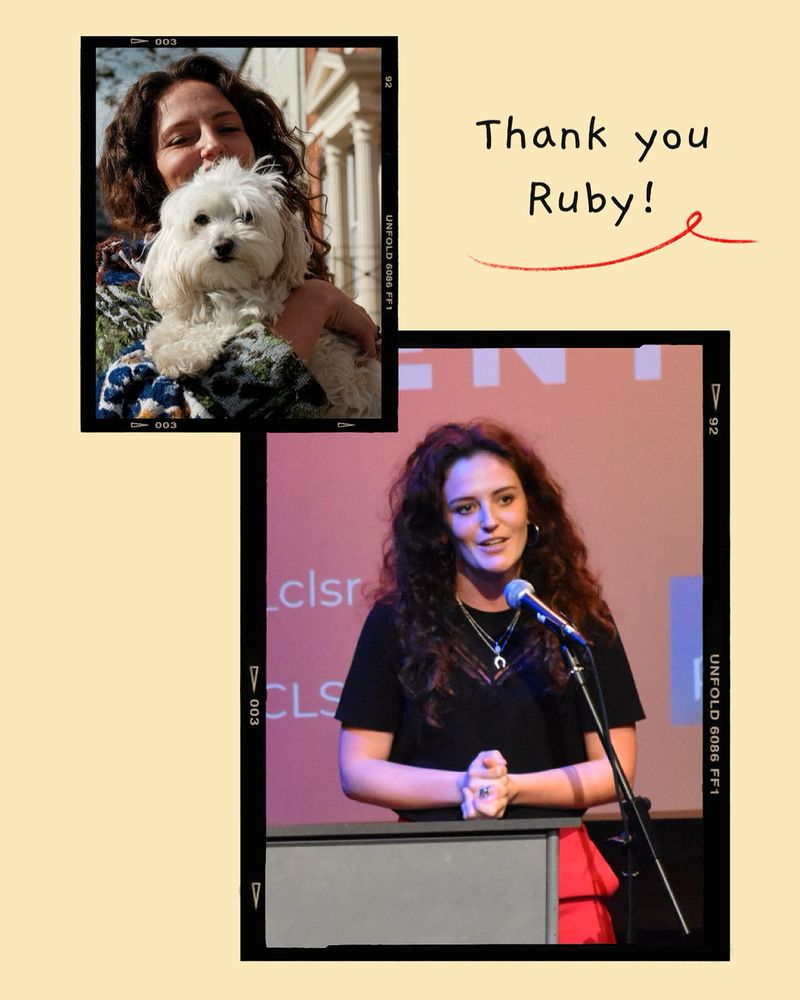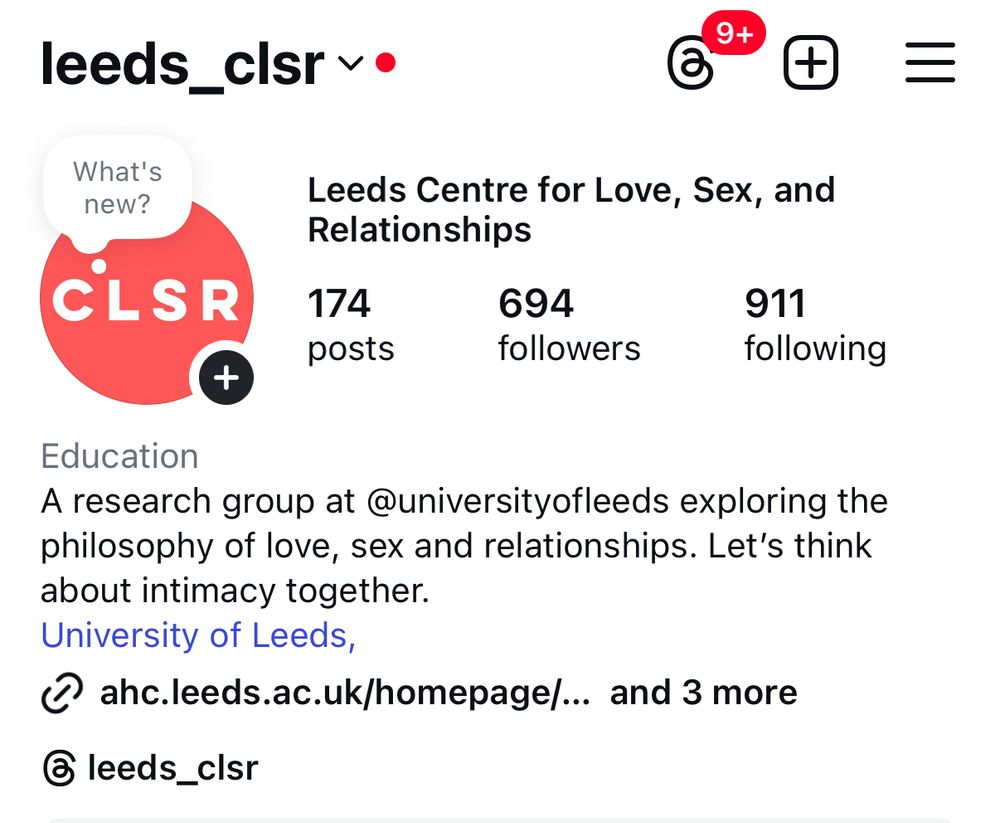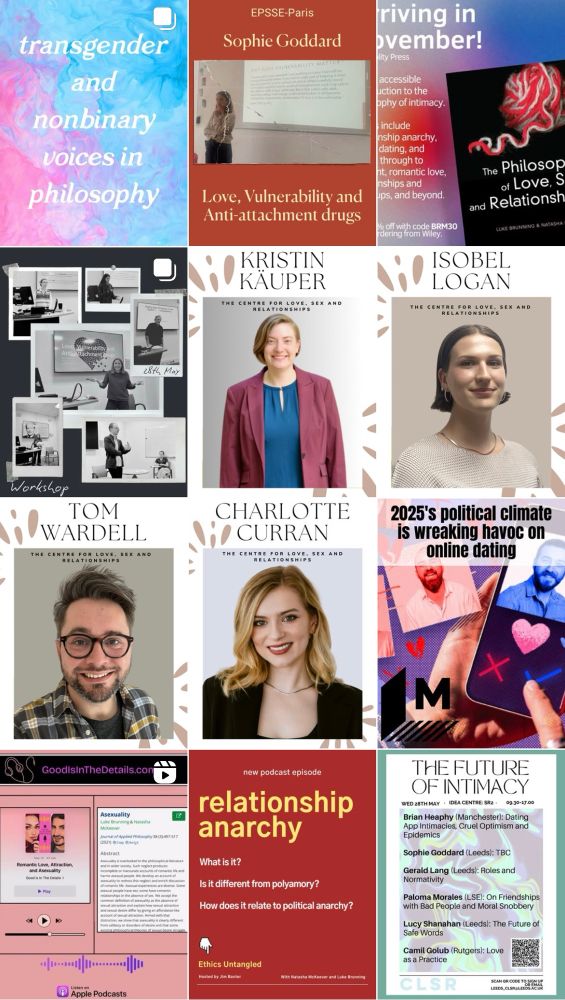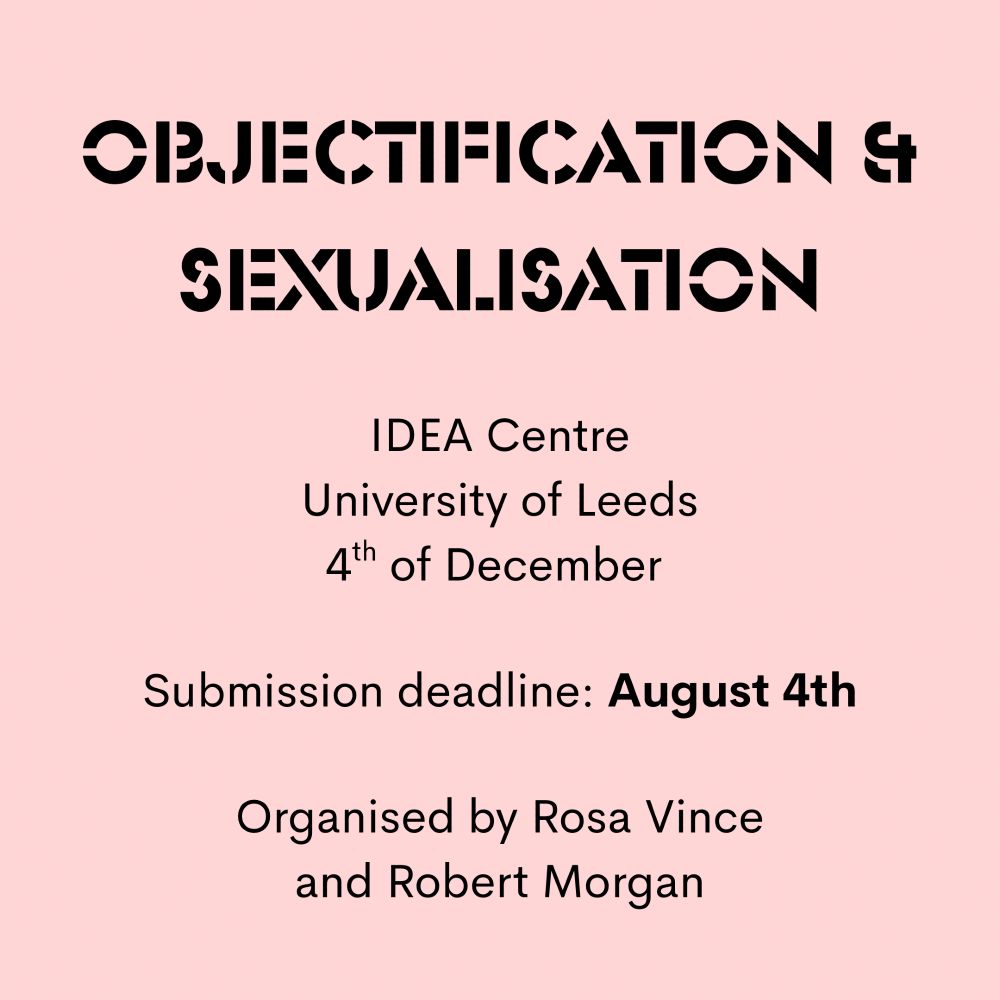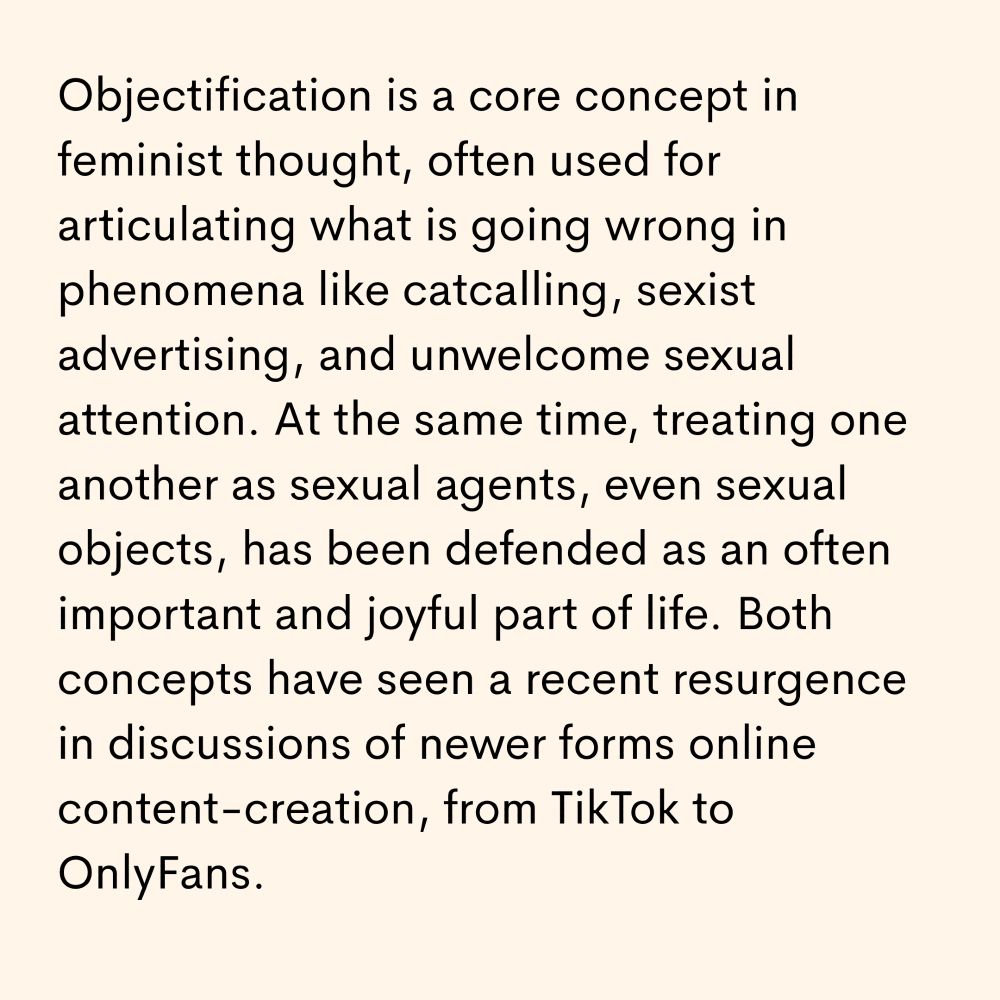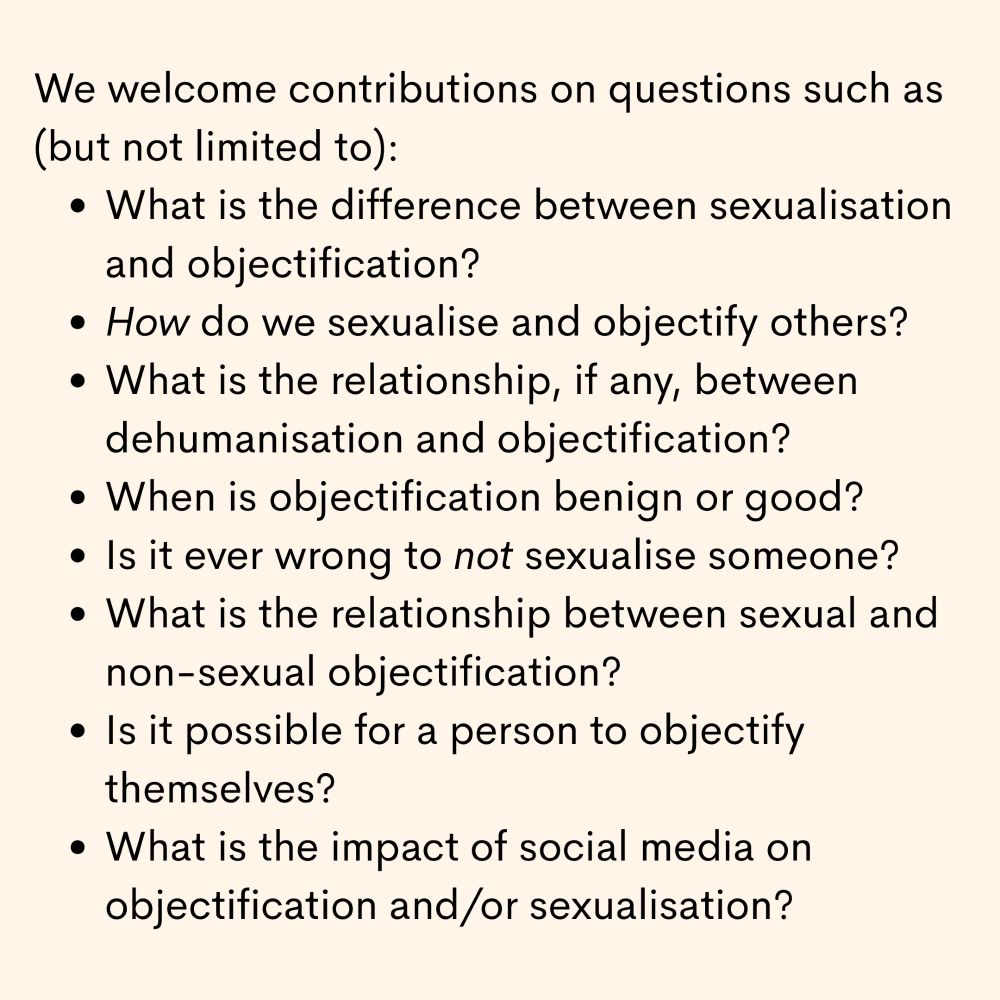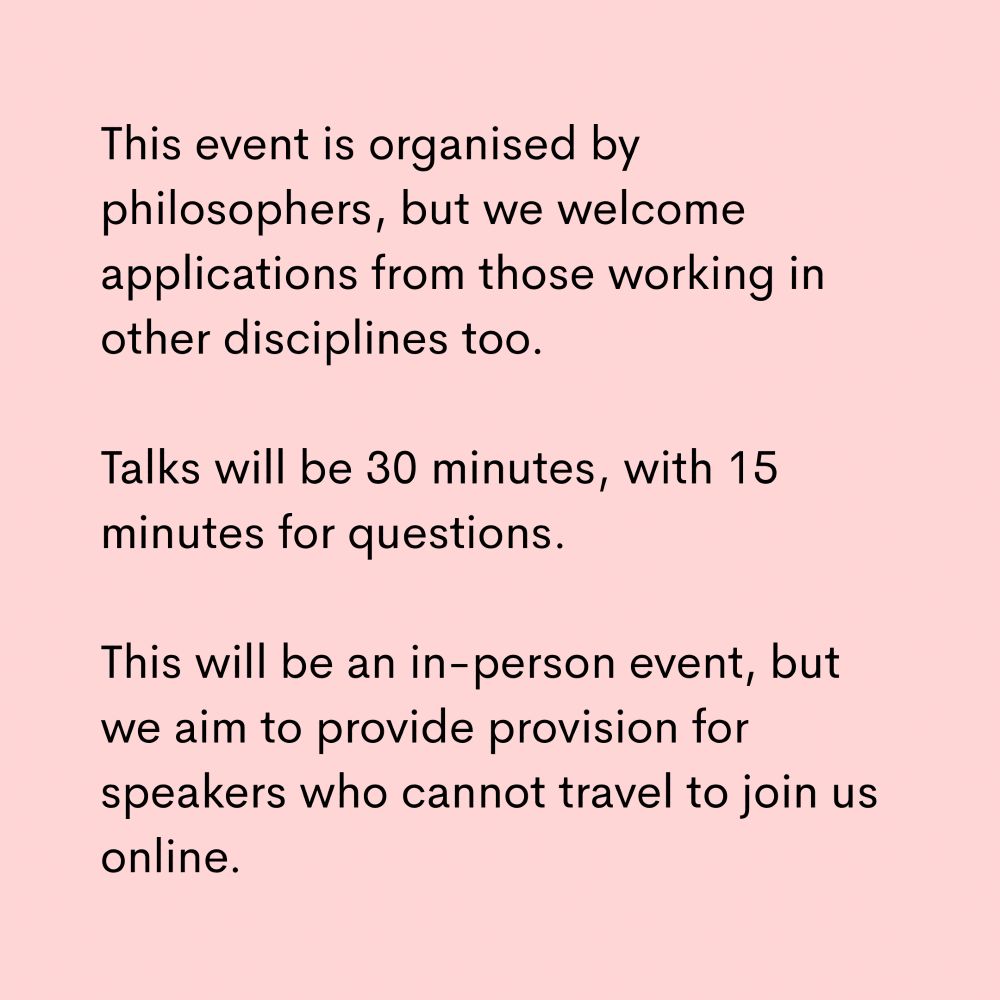Centre for Love, Sex, and Relationships
@clsrleeds.bsky.social
2.7K followers
940 following
240 posts
We are a research centre within the University of Leeds. Let’s think about intimacy together. - https://ahc.leeds.ac.uk/homepage/420/centre_for_love_sex_and_relationships
Posts
Media
Videos
Starter Packs
Pinned
Reposted by Centre for Love, Sex, and Relationships
Reposted by Centre for Love, Sex, and Relationships
Reposted by Centre for Love, Sex, and Relationships
Reposted by Centre for Love, Sex, and Relationships
Reposted by Centre for Love, Sex, and Relationships
Reposted by Centre for Love, Sex, and Relationships

